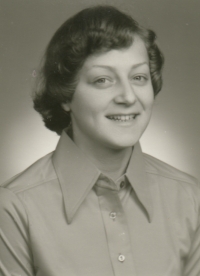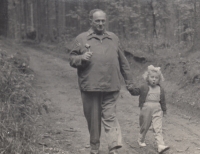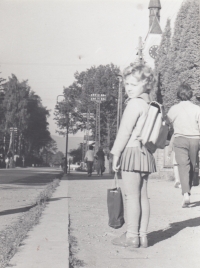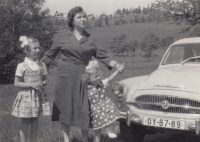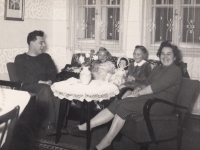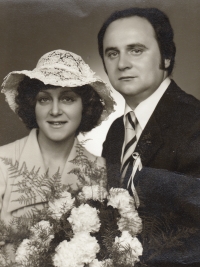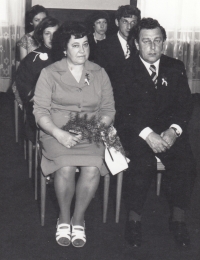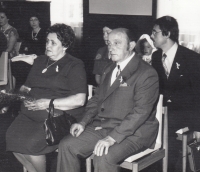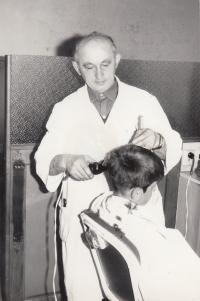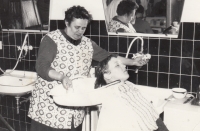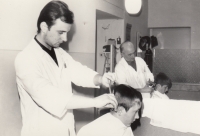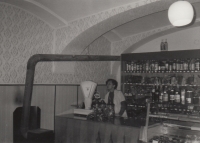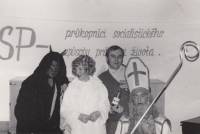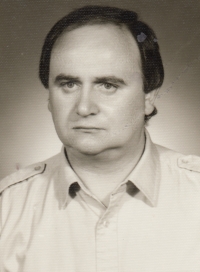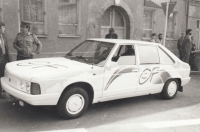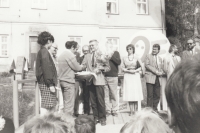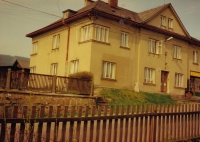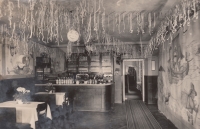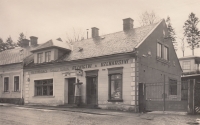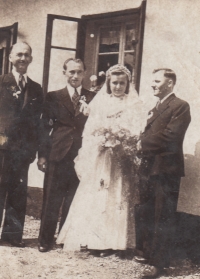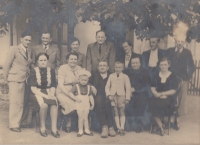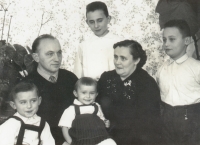On my fifth birthday, my dad was taken to jail
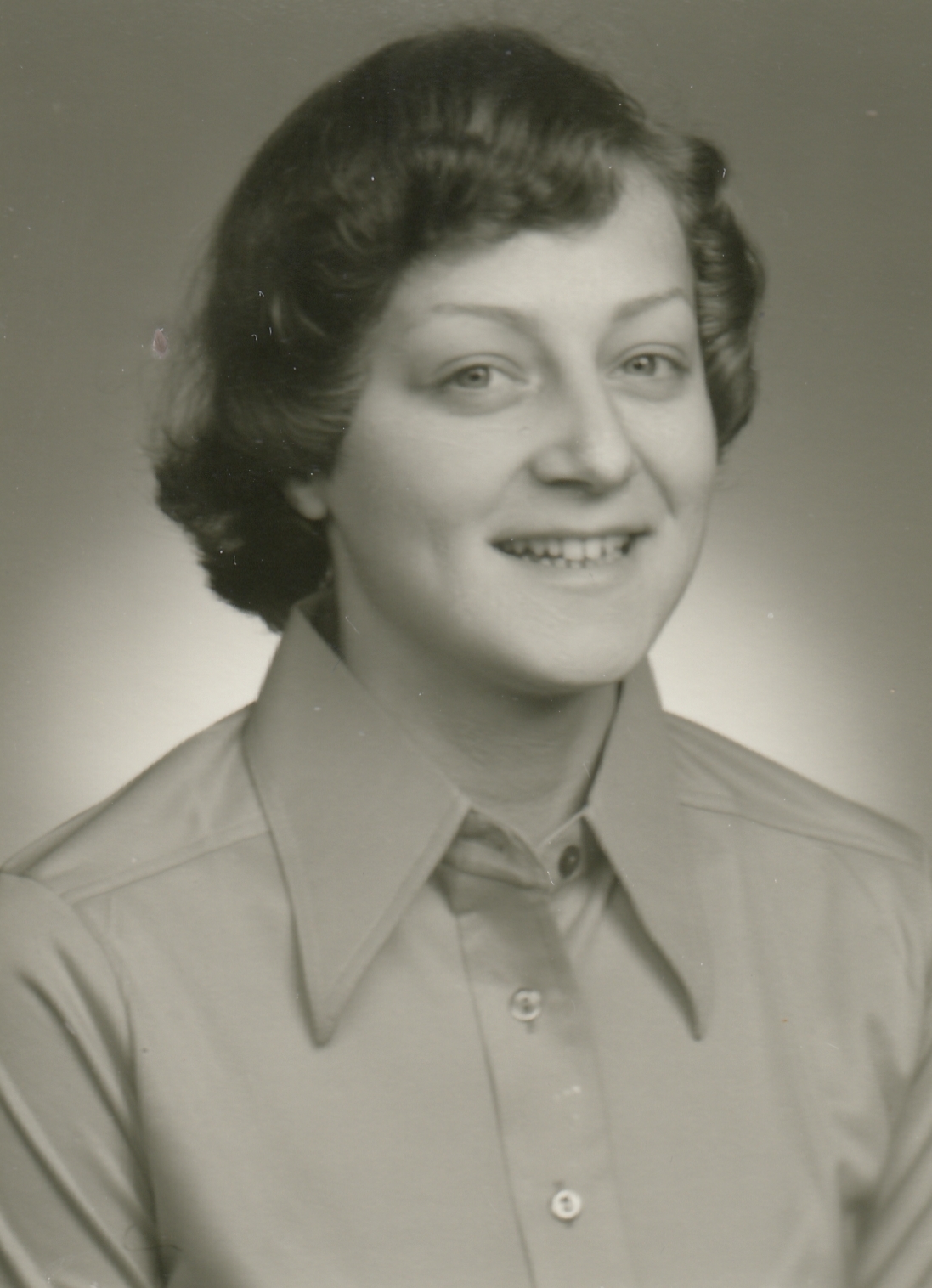
Stáhnout obrázek
Drahomíra Tejklová was born on 3 May 1956 in Šumperk as the younger of two daughters of Drahoslav Urban (1932-2010) and Milada Urbanová (1929-2010). The family lived in Králíky, where they had a butcher shop and a restaurant. The family preserved several memories of the original German inhabitants who had to leave after the war. Her grandmother herself came from the German Bittner family. After the Communists took power in 1948, the Urban family soon lost their business. Ladislav Urban‘s grandfather was sentenced to prison by the Communists in the 1950s for treason. In 1961, State Security (StB) also arrested her father, who was accused of stealing socialist property. She learned that her father was in prison only from ironic remarks made by her classmates at school. Her mother was left to raise her daughters alone, living on the salary of a worker in Hedva. Had it not been for their mother‘s parents, who sent them agricultural surpluses, they would have had nothing to eat. After a year and a half, the father returned home from the prison in Libkovice and found work as a stoker on the railway. With an unsuitable cadre profile, Drahomíra could only apprentice as a shop assistant in 1970. She then joined a shop in Červená Voda, where she met her future husband Antonín Tejkl (1946-2023), whom she married in 1977. Her husband worked as a barber and hairdresser in the profession he inherited from his father, which had been practiced in Červená Voda since 1945. For Drahomíra, the Tejkls were an example of harmonious family relationships and she also recognized in them a sincere religious faith. When her two children grew up, she returned to work. She first worked as a sales clerk, eventually moving to the post office where she spent over twenty years. Eventually, both spouses connected their lives with the local hospital - Drahomíra worked there as a nurse, Antonín as an orderly. After all the hardships on her family, she was very happy about the events of November 1989 and immediately became actively involved in public life. At the time of the filming in 2024, she was living in Červená Voda.
